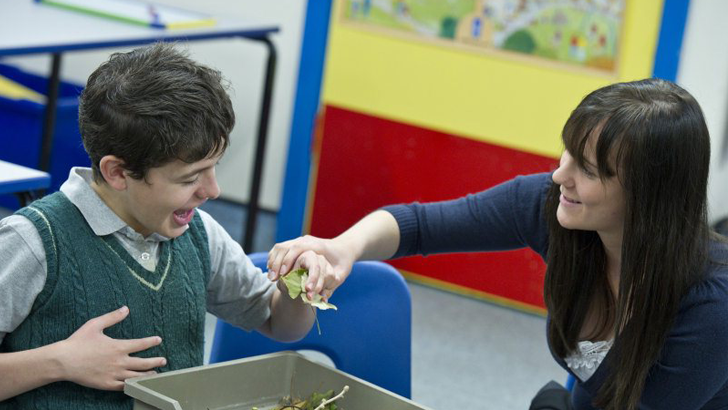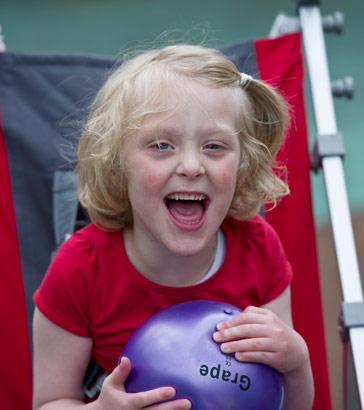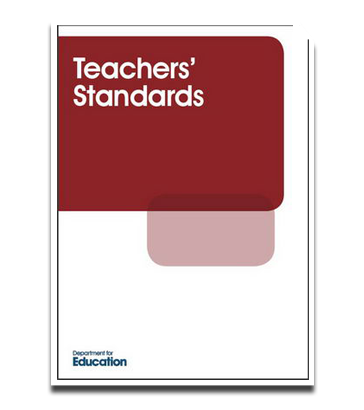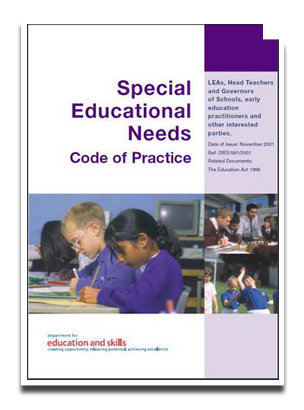

Level D of this module builds on what has been learned at levels B and C. Level B explains what emotional well-being and
mental health are and looks at approaches to promoting well-being for children with SLD/PMLD/CLDD.
Level C looks at the identification of mental health difficulties and the impact upon the child, family and school and how
schools can build emotional resilience and improve well-being.
Level D focuses on the whole-school approach to promoting mental health and well-being and the ways in which school-based
staff can develop appropriate policy and procedures to meet children's and staff needs.

The materials in this level are intended to provide those working with children with SLD/PMLD/CLDD the tools to be able to:
- Evaluate the importance of a whole school approach for children and identify the appropriate pathways to professional support; and
- Understand the importance of both monitoring staff effectiveness and supporting staff with the emotional demands of the work and identifying strategies which will address these issues.
Details of the professional standards that apply to all teachers in England can be obtained from the Department for Education website. These standards apply to all teachers regardless of their career stage and all aspects of the standards are relevant to teachers working with children with special educational needs.

As defined by the Department for Education Special Educational Needs Code of Practice (2001), children have special educational needs if they have a learning difficulty which calls for special educational provision to be made for them.
Children have a learning difficulty if they have:
- A significantly greater difficulty in learning than the majority of children of the same age, or
- A disability which prevents or hinders them from making use of educational facilities of a kind generally provided for children of the same age in schools within the area of the local education authority.

With thanks to the professionals who contributed to this module:
Module Content
Dr Barry Coughlan, Assistant Director of Clinical Psychology, University of Limerick
Dr Tina Rae, Academic and Professional tutor Doctorate in Educational and Child Psychology, University of East London
Jodie Fotheringham, Teacher, Tor View Community Special School, Haslingden
All modules produced by The Schools Network and
Real Group (UK) Ltd for the Training Development Agency for Schools (TDA).
Editorial Team
Dr Mark Turner, Real Group (UK) Ltd
Professor Hilary Constable, The Schools Network
Jo Egerton, The Schools Network
Anne Fowlie, The Schools Network
John Truman, The Schools Network
Annie Grant, Independent Consultant
Production and Design
Jonathan Bond, Real Group (UK) Ltd
Colm Gibson, Real Group (UK) Ltd
David Hutter, Real Group (UK) Ltd
Ruth Earl, Real Group (UK) Ltd
Video, Audio and Photography
Atomic Productions
Project Management
Professor Barry Carpenter, The Schools Network
Alan Macgregor, Real Group (UK) Ltd
Sylvia Paddock, The Schools Network
Dr Mark Turner, Real Group (UK) Ltd
Caroline Ward, The Schools Network
Thanks to all the children, parents, carers, assistants and teachers for their involvement.